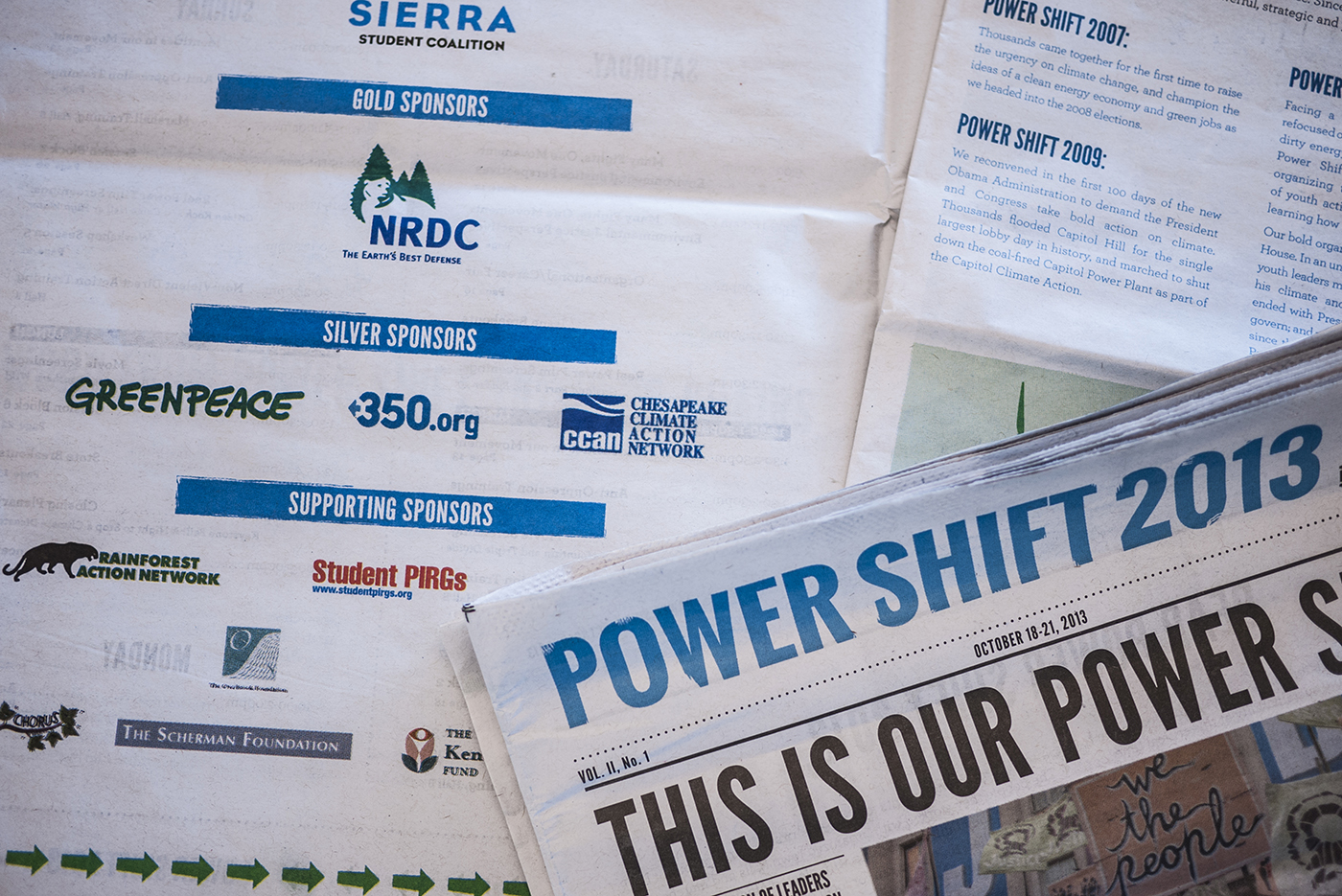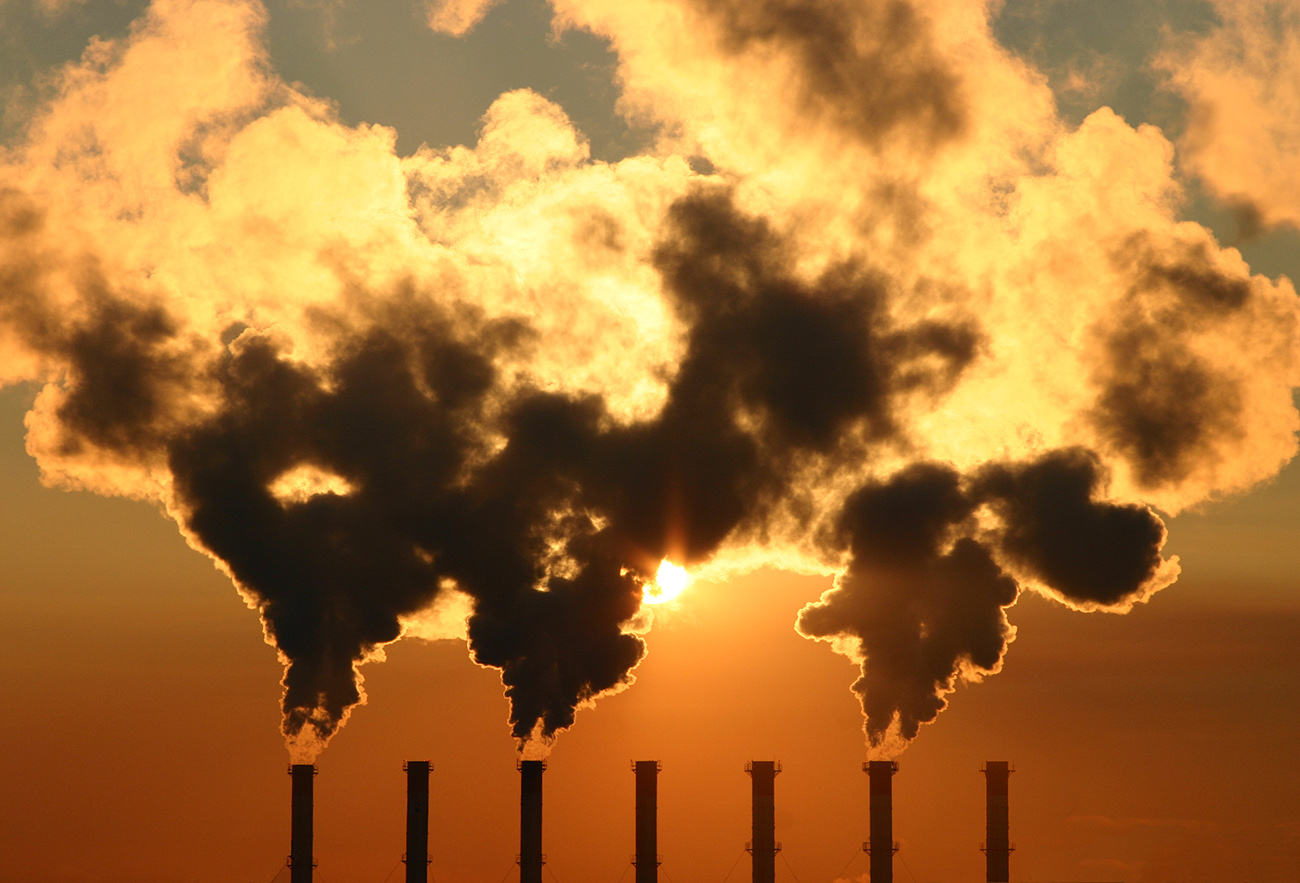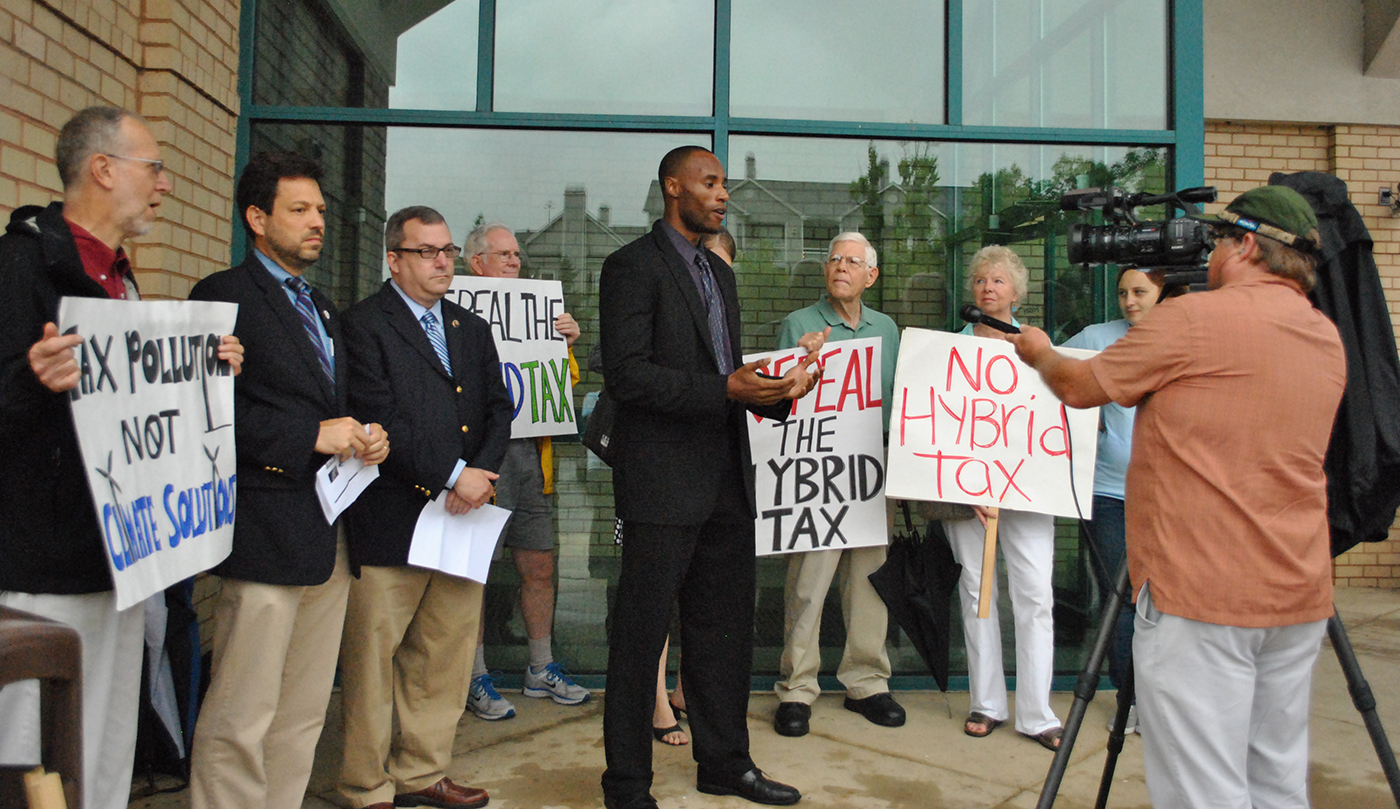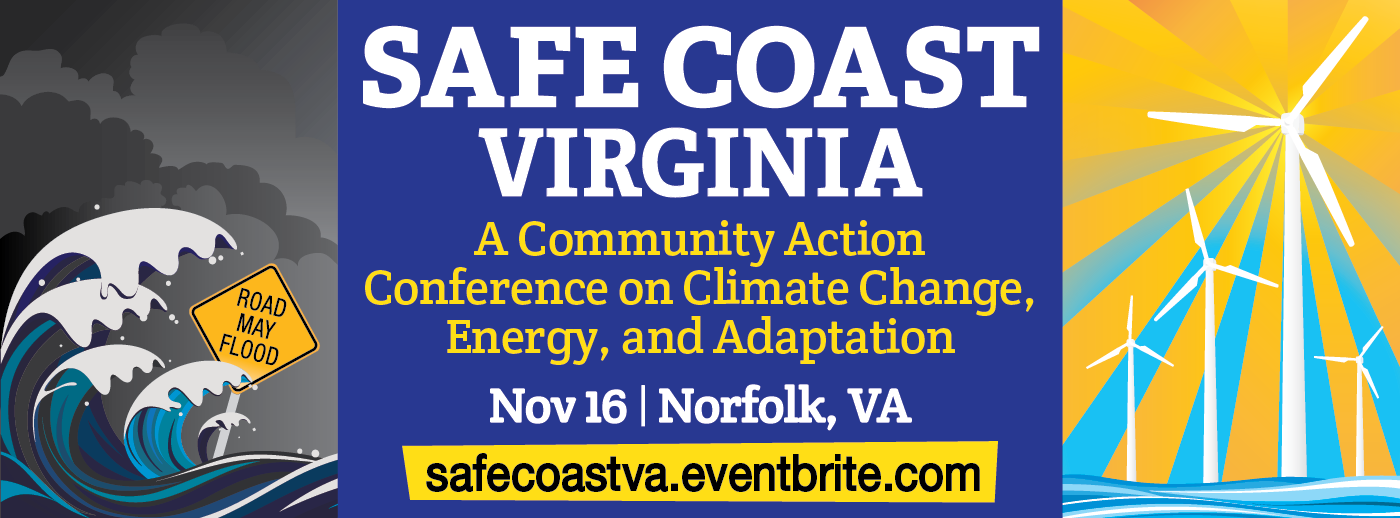Polling released same day shows 81% of MD voters at odds with Virginia-based Dominion over need for federal environmental impact statement
Ahead of 2014 public hearings, ‘Maryland Crossroads’ tour will carry ‘Clean Energy, Not Cove Point’ call to action from Appalachia to Eastern Shore
BALTIMORE—A statewide coalition of environmental, health, faith and public interest groups is today launching an unprecedented nine-stop tour to rally public opposition to what they call a “radical” plan to export fracked natural gas to Asia through southern Maryland. The tour, called “Maryland Crossroads 2013: Clean Energy, Not Cove Point!,” begins this evening in Annapolis and will tour the state from Cumberland to Salisbury by early December. Each town hall meeting will educate Marylanders about the dangers of a Virginia-based company’s plan to build a $3.8 billion fuel export facility at Cove Point—triggering pollution from drilling, piping, liquefying and shipping gas—when real clean-energy alternatives exist.
At a kick-off press conference this morning in Baltimore, tour organizers released polling data showing a large, bipartisan majority of Maryland voters—81 percent—believe federal regulators should complete a full, cumulative environmental impact statement (EIS) on the Cove Point project. Thus far, the Federal Energy Regulatory Commission (FERC) has sided with project backer Dominion Resources and indicated that it will only complete a less rigorous environmental “assessment,” which is typically reserved for projects of smaller size and scope. The federal environmental review is one step in a series of federal and state permits Dominion needs before it can begin construction. The Maryland Public Service Commission will hold its first hearings on the Cove Point project in mid-February 2014.






